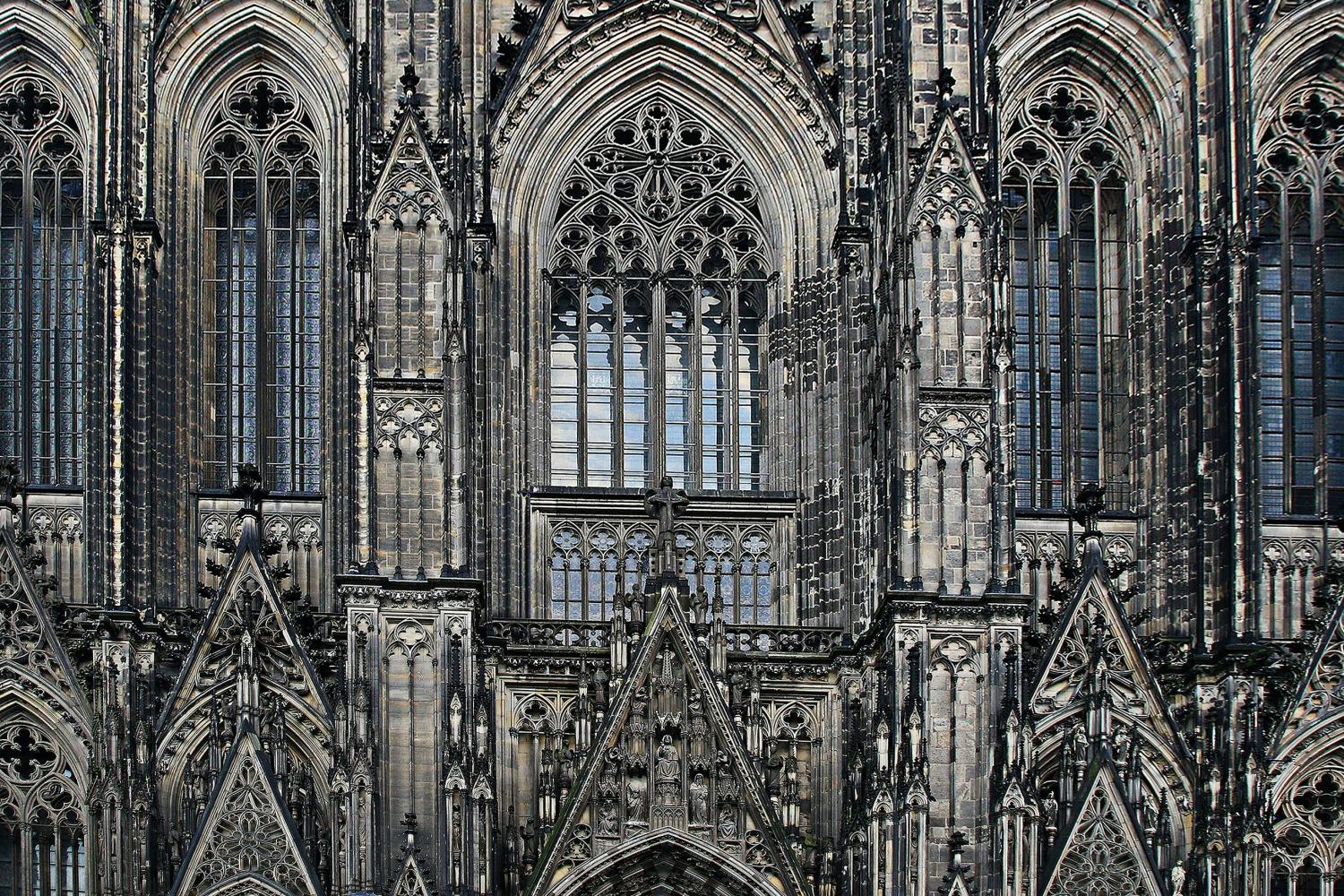
The Catholic News Agency published an interesting piece this week, noting that nearly half of U.S. adults “have some connection to Catholicism,” according to the latest Pew Research data. That number includes those who identify as Catholic, “culturally Catholic,” or ex-Catholic, or who list a connection through a Catholic parent, spouse, or by way of past Mass attendance.
On one level, such data may seem a bit discouraging. If Catholicism is so embedded in contemporary American culture, one might ask, why isn’t that more obvious? Of course, it’s not news to mark that much of the Catholicism in our country is in a fairly diluted or corrupt state. There’s a lot to do, in terms of reinvigorating a living faith among even those “connected” in some way to Catholicism. The disconnect evident through this data would affirm that.
But on another level, something more intriguing seems to be at play here. It’s something of a historical anomaly that a nation founded by Protestant, Enlightenment-minded people – a nation that by and large has had a historic distaste for all things Catholic – should become so permeated by Catholicism. It brings to mind James Joyce’s description of the Catholic Church: “Here comes everybody!” But “everybody” seems to have stumbled into these ties despite these founding roots and history. How would they have come to do so?
One could give lots of answers, on a lot of different scores: sociological, religious, political, and so on. But there seems also to be a supernatural response needed. For if the Pew data is a cue of faithful Catholics’ summons to even more vibrant witness and evangelization, it seems also to be a cue of God’s work exactly on that line, behind the scenes. There’s a fittingness to the ubiquity of these Catholic ties, in that the Church is the new humanity in formation, the kingdom of God. And as Jesus noted, the kingdom works like yeast that slowly leavens the loaf, even while no one is looking. Catholicism poses a coherent and potent way of seeing the world, and a source of spiritual life and vitality for those who want it. Perhaps more than any other tradition, it has the capacity to provide a spiritual and metaphysical ballast to the ideals that make our nation tick – politically, socially, and at the level of individual personal lives. That it should be so influential – subtly, and in ways that may seem to be only vaguely relevant – is perhaps no surprise or accident, then. It is a quality of the Catholic faith, due to the Holy Spirit’s presence in the Church, that it has within it the seeds of its own renewal. And its persistent clinging to our cultural life may be one sign of that – that the Holy Spirit is up to something, here, even if it’s not immediately clear how or what.
So, the CNA piece may not be cause for discouragement, simply. Yes, it illustrates a Church made up of a lot of fairly lukewarm members (“the largest share of Catholics fall somewhere in the middle of [the] spectrum of observance,” it notes, “They may pray. They may attend Mass. They may go to confession. But they don’t regularly do all three”). But it also evidences that the life and memory of the Church do still resonate, in their stubborn way, across a large portion of our culture. If the Holy Spirit is who he says he is, that seems to be far from cause for discouragement. Perhaps, indeed, it may be precisely the opposite.
Why does the Bible speak about God hating some people and loving others? One Catholic apologist explores the meanings of the words to clarify the problem. (Watch the video here.)
A Lebanese cardinal has urged Christian communities in the Middle East to stay, as years of war and persecution have seen a mass exodus of Christians from the region.
In the area of Mosul, Iraq, the Christian community has dwindled since ISIS's 2014 occupation of the region, although signs of life are reemerging. In the last month, over 450 children received First Communion in the ancient Christian city of Qaraqosh.
In Egypt, the Orthodox monks of St. Catherine's Monastery in the Sinai Peninsula, have begun to raise the alarm on encroachment by the state. Egyptian authorities recently transferred ownership of the monastery to the state while granting the monks usage rights. The monastery was founded in the sixth century.
As priestly ordinations are held throughout the nation (often in late spring and early summer), Bishop Barron reflects on the three great promises of priests.


